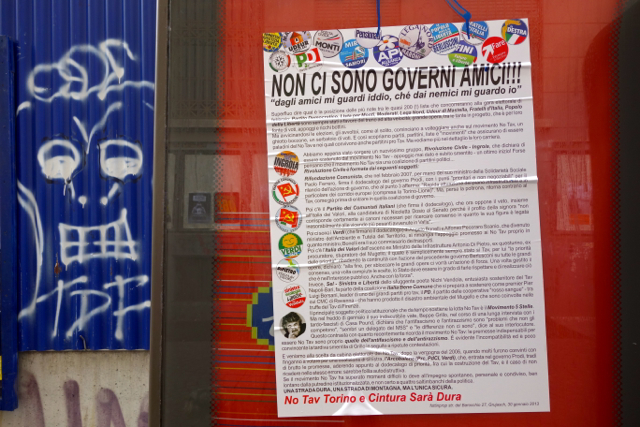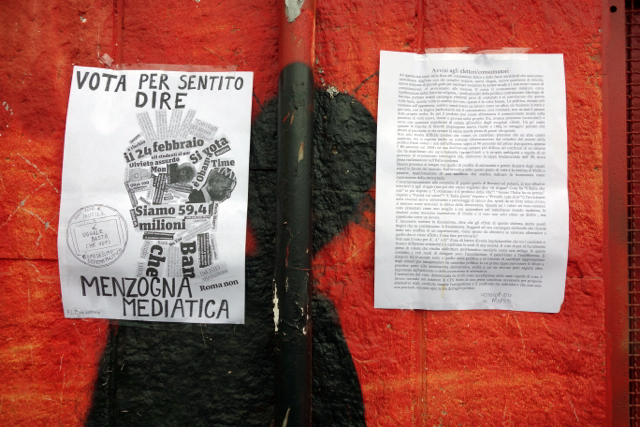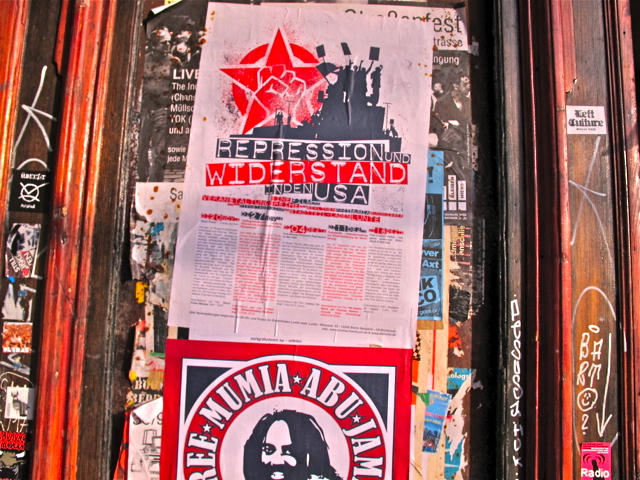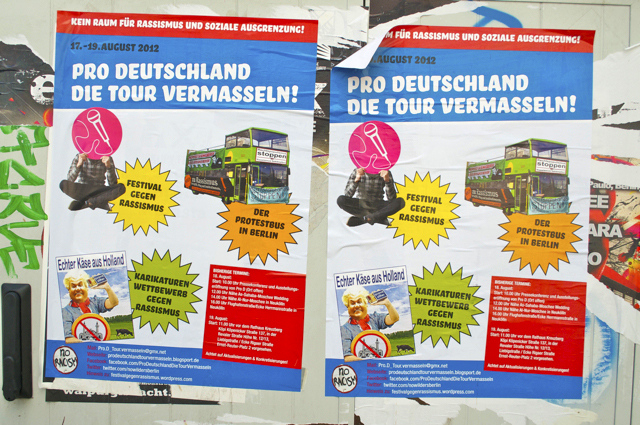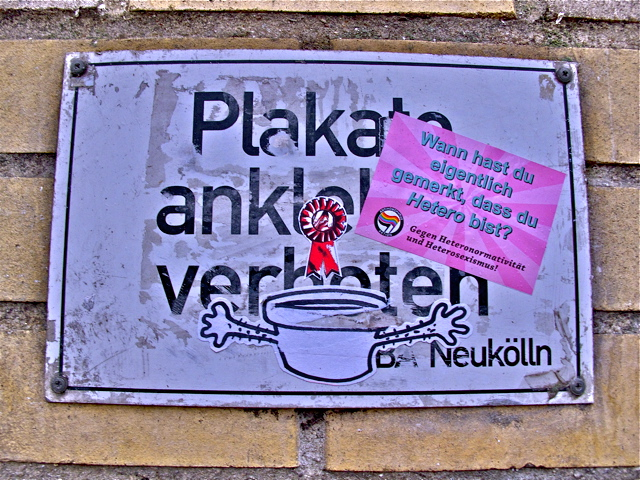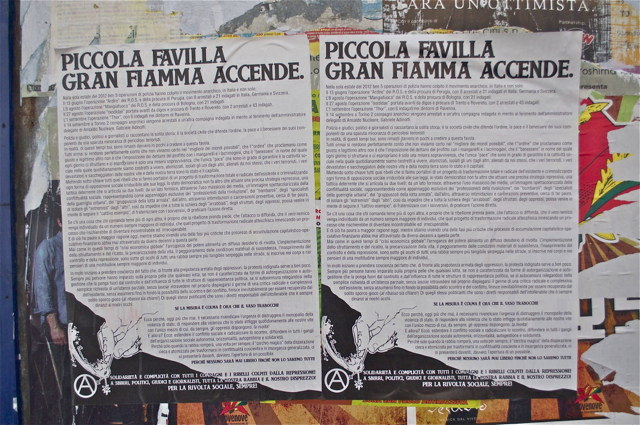This poster couldn’t be more timely. In the wake of President Obama’s trip last week, in which he went through the motions of declaring the United States’ unwavering support for Israel, despite suggesting parallels between Palestinians and African-Americans, frustration at the intransigence of Israeli leaders is at an all-time high and calls for a boycott are spreading. (More…)
Author: RandomizerMost progressive periodicals emphasize words over images. Not Souciant. Randomizer is a column devoted to our love for political visuals. Collectively-authored by Souciant’s editorial staff, wherever they are. Including the kitchen.
Most progressive periodicals emphasize words over images. Not Souciant. Randomizer is a column devoted to our love for political visuals. Collectively-authored by Souciant’s editorial staff, wherever they are. Including the kitchen.
Their calling cards are umbrellas, tissue packets, and flowers. Hustling tourists at historic sites, or hawking their wares at stoplights, dark-skinned migrants, from Africa and South Asia, are a common sight in contemporary Italy. Little do visitors to the country know what these Italian-speaking foreigners signify about the country’s economy. (More…)
No TAV. Even if you live in faraway Berlin, for most Europeans, the slogan (and graffiti) is inescapable. The acronym for a high-speed train line between Lyon and Turin, the project has become a cause celebre for the Italian left, and, increasingly, European critics of a continent-wide high speed rail network. (More…)
It may not have produced any results. However, few electoral races were as predicted to be as inconsequential as those held in Italy two weeks ago. Left or right victory, the results would be the same, Italians feared. That is, unless you cast your vote for the so-called ‘populist’ party, the 5 Star Movement, led by ex-TV comedian Beppe Grillo. (More…)
While leftists in Germany today often focus on the plight of immigrants, particularly from the Middle East and North Africa — and the corollary concerns in the homelands of those immigrants — attention is also directed at the self-righteous superpower whose long shadow still falls over Europe: the United States of America. (More…)
Socially responsible investment. Since the 1980s, the practice has become commonplace in the United States and Europe. Used to describe the practice of investing money in the stock market to do good – as well as earn some returns – the idea is that capitalism doesn’t just have to be about maximizing individual gain. (More…)
Political asylum has been a major topic in Germany for decades. Because the Basic Law that has served as the Federal Republic’s de facto constitution since 1949 was intended to counter the exclusionary ideology of the Nazis, it made the nation seem more welcoming to refugees than other European states. By the 1980s, however, this “open door” policy was being sorely tested by a large number of asylum seekers. (More…)
For a moment, I thought I was in Israel. “Why are there Palestinian flags here?” I wondered, as I approached city hall. Its website had said that an event to commemorate the Holocaust would be held here, facing its entrance. I’d expected there would be Israeli flags instead, with bearded Jewish men davening for good measure. (More…)
While there are good reasons why the denunciation of “fascists” has hardened into a reflex on the Left, there are also good reasons for restraining it. The relentless negativity of this fixation makes it difficult to articulate an alternative to capitalism free of fundamentalism and other reactionary discourses. Although visually all over the place, this poster takes a more positive approach, with significant implications. (More…)
What does it mean to be an anti-fascist? Never easy to answer, today this question can seem like a Zen koan. First you have to decide what constitutes fascism. Then you have to figure out how to oppose it. Beyond those groups that deliberately invoke the iconography of brown and black shirts — a small number, relatively speaking — there is a wealth of potential enemies. The challenge is to choose them well. (More…)
State repression. Leftwing violence. The dialectic is familiar, worse, discomfiting. There is something decidedly crude about it all, as though such scenarios ought to be a thing of the past, replaced, as it were, by less harmful modes of conflict. What happened to culture jamming? Isn’t alternative consumption enough? (More…)
Switzerland isn’t synonymous with the left. Best-known for its banks, it’s more commonly equated with financial services, and the politics such an economic specialty suggests. Independent, historically, from the rest of Europe, the affluent, alpine, multilingual confederation is far more difficult to make sense of than its neighbors. (More…)


